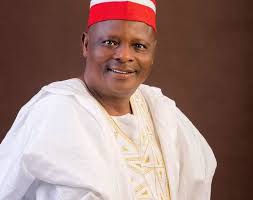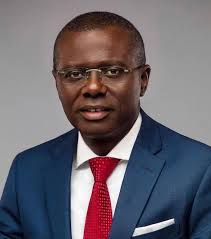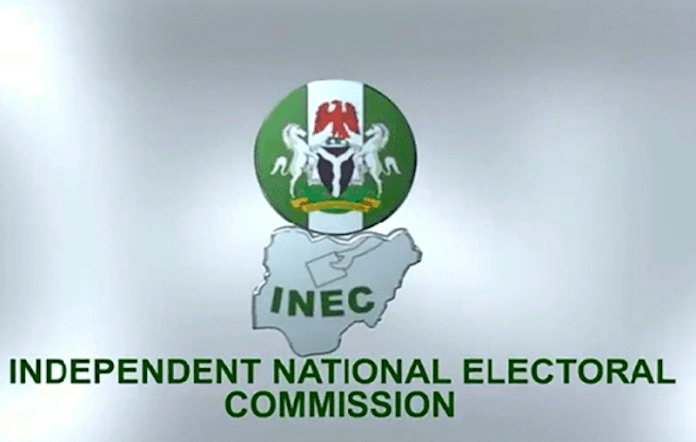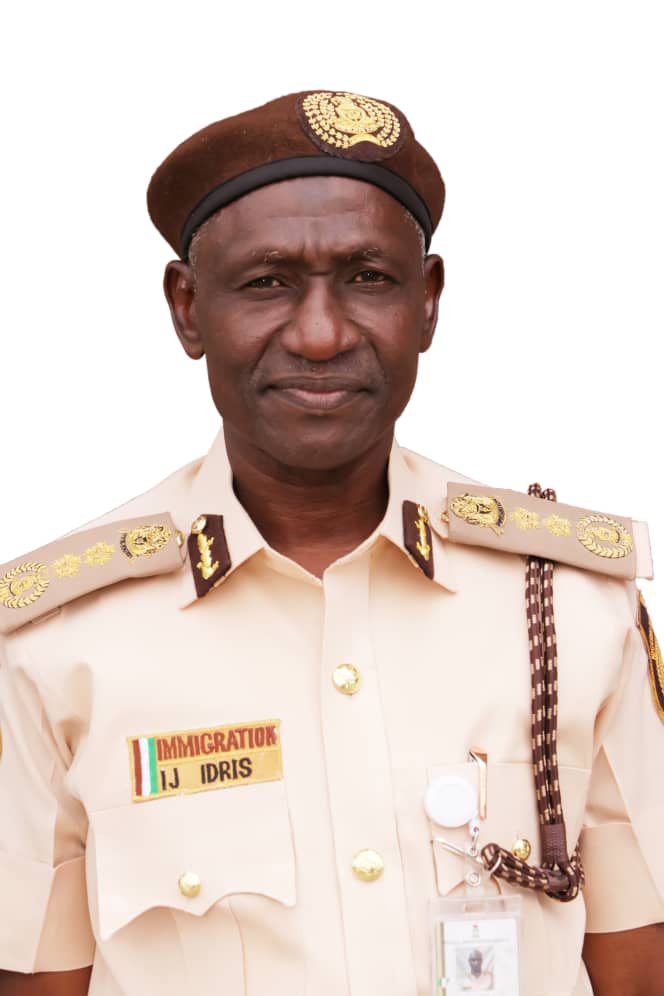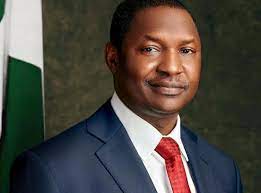….Says Election Will Be Valid
The Peoples Democratic Party (PDP) has said that it has been following the many furtive narratives being promoted by the All Progressives Congress (APC) with the view to blackmail critical election stakeholders to accede to its design to postpone the 2023 general elections, particularly the February 25, 2023 Presidential election.
Addressing newsmen in Abuja on Friday, the National Publicity Secretary, Hon. Debo Ologunagba exposed the attempt by the APC to mislead the public by falsely claiming that the PDP has no candidate for Borno Central Senatorial District Election.
Insisting that the 2023 elections is Sancrosant, PDP said, “our Party had earlier alerted the nation of a well-oiled plot by the APC to orchestrate security situation and promote circumstances to warrant the postponement of the 2023 general elections by the Independent National Electoral Commission (INEC).
“The ultimate intent of the APC is to use such unfounded circumstance to derail the entire electoral process and impose an undemocratic situation on our country.
“The PDP hereby insists without equivocation that the February 25, 2023 Presidential and National Assembly election date is sacrosanct.
“February 25, 2023 date is already locked in for the Presidential and National Assembly elections, the security agencies have given their assurances, the Federal Government has also given its assurance; Nigerians are ready for election and will not accept any postponement of elections under any guise whatsoever.”
The PDP said that the APC and its Presidential Candidate, Asiwaju Bola Ahmed Tinubu know that they have no chance at all in the coming elections, having been rejected by Nigerians because of their multiple failures, recklessness, humongous corruption, violence and continuing infliction of pains, hardship and life-discounting experiences on Nigerians in the last seven and half years.
“Nigerians are not ready to continue with a hopelessly corrupt, miserably incompetent and viciously insensitive political party, the APC, which has mortgaged the future of our country with an accumulated N77 trillion debt as revealed by the Debt Management Office (DMO).
“This explains why the APC and its Presidential Candidate continue to promote and encourage violence in various parts of our country including attacking INEC facilities,” the party said.
PDP also said that APC and its leaders are desperate to use their doomsday orchestrations to frighten and blackmail INEC to alter the electoral schedule after which the APC will take advantage of the situation to unsettle the general election, foist a constitutional crisis and truncate the nation’s democratic process,
The PDP therefore charged INEC, as an independent institution not to succumb to the blackmails of the APC but focus on its preparations and fix its eyes on delivering a free, fair, transparent and credible election on February 25, 2023.
The PDP also demanded that Security Agencies should place APC leaders on watchlist and take urgent steps to halt APC’s implementation of Asiwaju Tinubu’s directives to his party members, as contained in the recently leaked video, to deploy violence and underhand dealings in the 2023 general elections.
“Nigerians are eager to vote on February 25, 2023. They have suffered a lot and cannot wait to kick out the vicious, insensitive and corrupt APC and vote in the PDP and Atiku Abubakar to rescue and rebuild our nation.
“Atiku Abubakar is poised to win the majority of votes cast across the country and secure 25% in all the States of the Federation to emerge President on the very first ballot. Those trying to push the run-off narrative or postponement of elections should perish the thought. They should get ready for elections or quit the race.
“On the Borno Central Senatorial District election, our Party has been made aware of mischievous and misleading claims by the APC, that the PDP has no candidate for the Borno Central Senatorial election scheduled to hold on February 25, 2023.
“For clarity, the PDP states in an unequivocal term that our Candidate for the Borno Central Senatorial election remains Hon. Umara Muhammad Kumalia as confirmed in the list of candidates for the 2023 general elections as published by INEC.
“Such resort to falsehood further exposes the fact that the APC in Borno State is intimidated by the towering credibility and popularity of our Borno Central Senatorial Candidate, Hon. Umara Muhammad Kumalia among the people for which they are eager to troop out enmasse to vote for him on February 25, 2023,” the party said.


